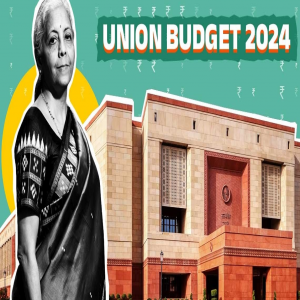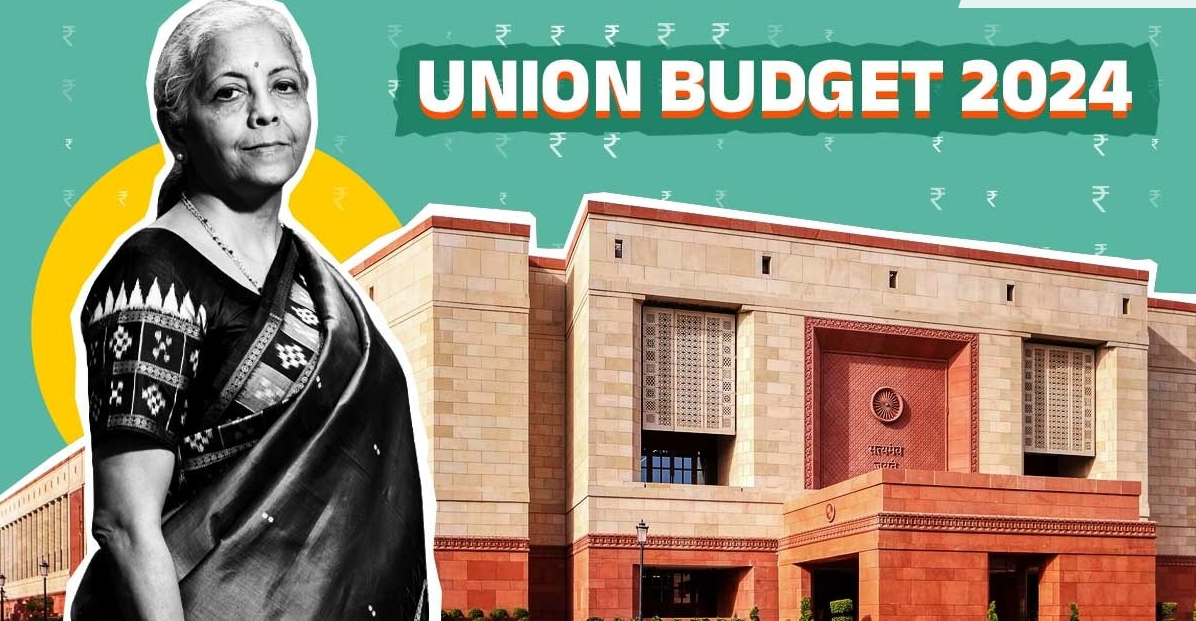

The Indian government's recent budget announcement has sparked widespread debate, highlighting several ambitious promises aimed at various sectors. However, underlying the excitement is a critical question: where will the financial resources come from? As global discussions focus on wealth tax, inheritance tax, and corporate tax increases, India appears to be taking a different approach by lowering corporate taxes for foreign corporations. This juxtaposition raises questions about the government's nationalistic rhetoric and actual economic policies.
One of the most pressing budget concerns is the source of funding. While the Finance Minister has announced significant allocations, such as a 50% increase in the minimum support price for farmers over production costs, the funding details for these initiatives are unclear. The government has been in power for over a decade, and despite numerous promises, the public is clearly dissatisfied.
Another significant announcement in the budget is the creation of 4 crore jobs. This lofty goal is reminiscent of the 10 crore jobs promised in 2014, which fell short of expectations. Given the disparity between announcements and job creation, India's youth, the primary stakeholders, have grown increasingly dissatisfied with such promises.
There is also concern about the nature of these jobs. How many opportunities will be for long-term, stable employment rather than short-term, low-paying work? Many previously created positions have been referred to as "bakka" work (meaning informal, often unstable jobs), and there is growing concern that the new job announcements will follow the same pattern.
The government frequently touts itself as a "shining example" of Indian development, but this narrative is debatable. Critics argue India's economy has been highly volatile, with sharp ups and downs. The benefits of growth have not been distributed evenly, raising questions about who is being celebrated. While billionaires' fortunes grow, the poor and middle classes struggle to keep pace.
One of the budget's highlights is the announcement of 500 large companies offering vocational training to young people. This initiative aims to give young people the skills they need to succeed in the workforce. However, the efficacy of such programmes is being scrutinised. Business leaders such as Sunil Bharti Mittal have noted that job opportunities in top companies have not increased. This raises the question of whether these training programs will lead to employment or exploitation of interns for cheap labour.
Special programmes are also included in the budget for states such as Bihar and Andhra Pradesh. However, there is criticism that such programmes are frequently ignored once the initial announcement has faded. This "twin engine" government approach, which promises development through cooperative federalism, appears lacking in execution. Special programmes are frequently viewed as political ploys rather than genuine attempts to address regional disparities.
Tamil Nadu, in particular, has expressed displeasure with the budget. The absence of specific allocations or even a mention in the finance minister's speech has created feelings of neglect. This omission emphasises the perceived regional disparities in resource distribution and development efforts.
The 11 lakh crore capital expenditure for resource industry development is a standout feature of the budget. This significant investment is intended to boost infrastructure and industrial growth. However, there are still questions about where these funds came from. The government's ongoing sale of LIC shares has been a contentious issue, as LIC has traditionally played an important role in financing infrastructure projects. Critics argue that diluting LIC through divestment could jeopardise long-term development goals.
The Indian economy is at a crossroads, facing domestic and global challenges. The budget's promises must be viewed within this broader context. Trade tensions, fluctuating commodity prices, and the lingering effects of the COVID-19 pandemic all make the global economic landscape uncertain. Domestically, the economy is dealing with inflation, unemployment, and a banking system overburdened with non-performing assets.
Globally, governments increasingly use wealth and inheritance taxes to address economic disparities and fund public services. India's decision to lower corporate taxes for foreign corporations contrasts sharply with this trend. While attracting foreign investment is critical, this policy questions equity and the country's overall economic strategy.
Reducing corporate taxes for foreign entities may increase investment in the short run but also exacerbate income inequality. Such investments benefit a small portion of the population, while the general public may not see corresponding improvements in public services or social welfare. Balancing the need for investment with equitable economic policies is a delicate task that must be approached cautiously.
The agricultural sector remains the backbone of the Indian economy, employing a sizable proportion of the workforce. However, it has received insufficient policy support and investment. The budget's promise of a 50% increase in minimum support price for farmers is a step in the right direction. Still, it must be accompanied by concrete measures to ensure its implementation. Farmers have long demanded equitable pricing, improved infrastructure, and credit. Addressing these issues is essential for long-term agricultural growth.
Public-private partnerships (PPPs) can accelerate development effectively. The government must foster an enabling environment for PPPs that ensures transparency, accountability, and mutual benefit. Collaboration with the private sector can help address development challenges by providing additional resources, expertise, and innovation.
The Indian budget contains a mixed bag of promises, opportunities, and unanswered questions. While the announcements seek to address critical issues such as agriculture, employment, and regional development, their true effectiveness will be determined by their implementation. Transparency, accountability, and inclusivity must be government policy priorities.